What is the fastest car in the world in 2024?

The Koenigsegg Yesko Absolute has achieved the title of the 2024 fastest car in the world, reaching a top speed of 531 km/h earlier in 2023.
Koenigsegg Yesko Absolute is the fastest car in the world in 2024
The car's 5.0-liter twin-turbocharged V8 engine produces 1,600 hp and 1,500 Nm of torque, which plays an important role in achieving this speed, but Koenigsegg engineers gave the car more than amazing power.
The YESCO Absolute has an extremely low drag coefficient of 0.278 and a nine-speed transmission that shifts so quickly that it's almost imperceptible.
Koenigsegg calls it the Light Speed Transmission (LST), saying its shifts occur at nearly the speed of light. While this may be an exaggeration from the company, the gearbox is impressive, combining multiple multi-disc wet clutches with an extremely lightweight chassis.
As Koenigsegg says, “The Yesko Absolute is destined to achieve higher and more extraordinary speeds than any Koenigsegg or any other car.”

Bugatti Bold
The Bugatti Bolde ranks second on the list of the fastest car in the world in 2024, with a top speed of 500 km/h. The car's 8.0-liter quad-turbo W16 engine generates 1,847 horsepower and 1,850 Nm of torque. It is characterized by its very wild design.
However, unlike the Koenigsegg, the Bugatti is intended for the track only. Although it shares an engine and some of its basic structure with the road-legal Chiron, Bugatti chose to economize the Bolde on the track.
While this is frustrating for many people, especially with its price tag of around $4.4 million, not having to build a car to meet road car regulations gave Bugatti the freedom to produce a monster car with logic-defying speed.
The Bolide is also much more exclusive than Koenigsegg, with Bugatti only producing 40 of these extreme cars.
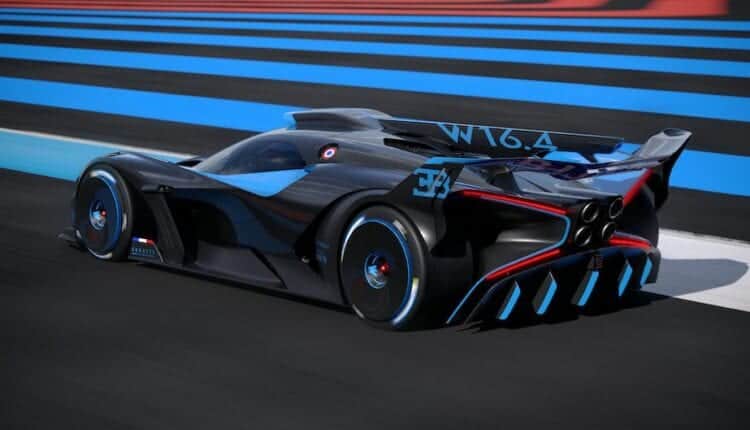
Exceeding a speed of 482 km/h
It should be noted that cars with speeds exceeding 482 km/h require a lot of engineering effort, as their aerodynamics must be exceptional, and they must be able to consume large amounts of air, and fuel consumption at these speeds is enormous.
Engineers have to shape a car that can easily cut through the air while creating tremendous momentum to keep it on the ground.
Adding thousands of grams of thrust stresses almost all parts of the vehicle, especially the suspension and tires.
The shock absorbers must also be able to temporarily support the heavy vehicle while maintaining tire grip with the asphalt.
At 482 km/h, minor imperfections in the road surface are much harder and rougher, so the car must be able to cope.
Tires take a particularly hard beating during extreme driving, and their sidewalls are compressed with all the momentum.
It is also exposed to high temperatures due to friction resulting from the rubber adhering to the pavement at a speed of 482 km/h.
At this speed, tires rotate thousands of times per minute, so they must be strong enough to maintain their shape through harsh rotational forces.
Finally, high speeds do strange things with the weights of vehicle components, such as tire pressure monitoring sensors, which can weigh several times their normal weight when turning at 482 km/h, and cause wheel imbalance and other problems.
After reviewing the fastest car of 2024, you may be interested in: 10 of the fastest sports cars of 2023
History of maximum speeds
The first car to exceed 321 km/h was a 1969 Dodge Charger Daytona, which reached this speed in March 1970 at Talladega, Alabama.
While it was not the first Italian car to reach this speed, many of the most famous cars in the 321 km/h club are of Italian origin.
However, the Charger Daytona, like today's Bugatti Bullade, was not street legal, and the first road car to reach this standard was a Ferrari.
Several years after Dodge set the record, the Ferrari F40 reached 321 km/h as the first production car to hold this record.
Its 2.9-liter twin-turbocharged V8 engine produced 471 horsepower when new, giving it an acceleration time of 0 to 100 km/h in 3.8 seconds and a top speed of 323 km/h.
Interestingly, the most impressive Porsche 959 at the time did not reach the speed of the F40, reaching “only” 317 km/h.
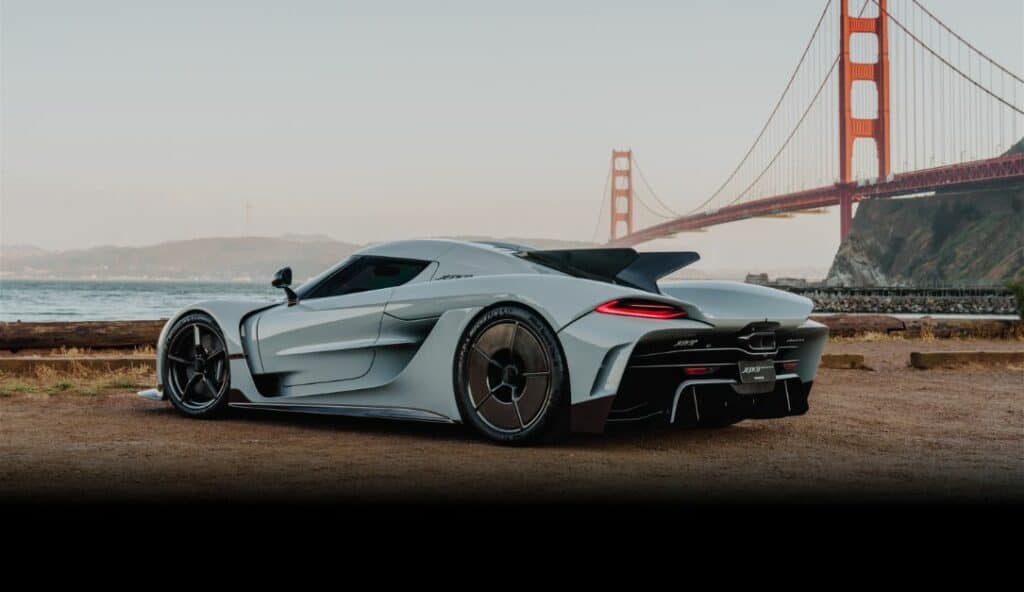
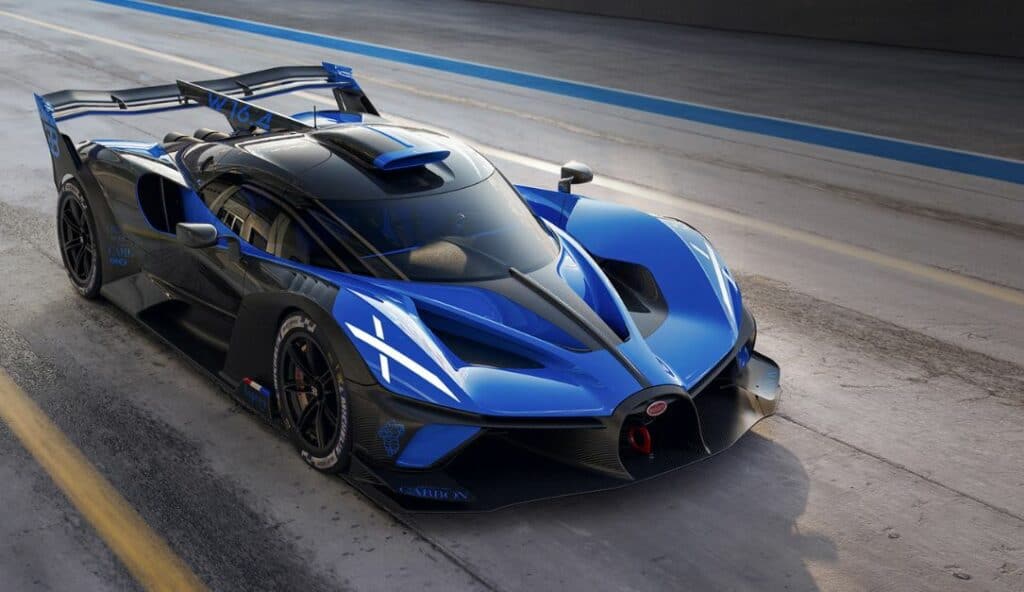
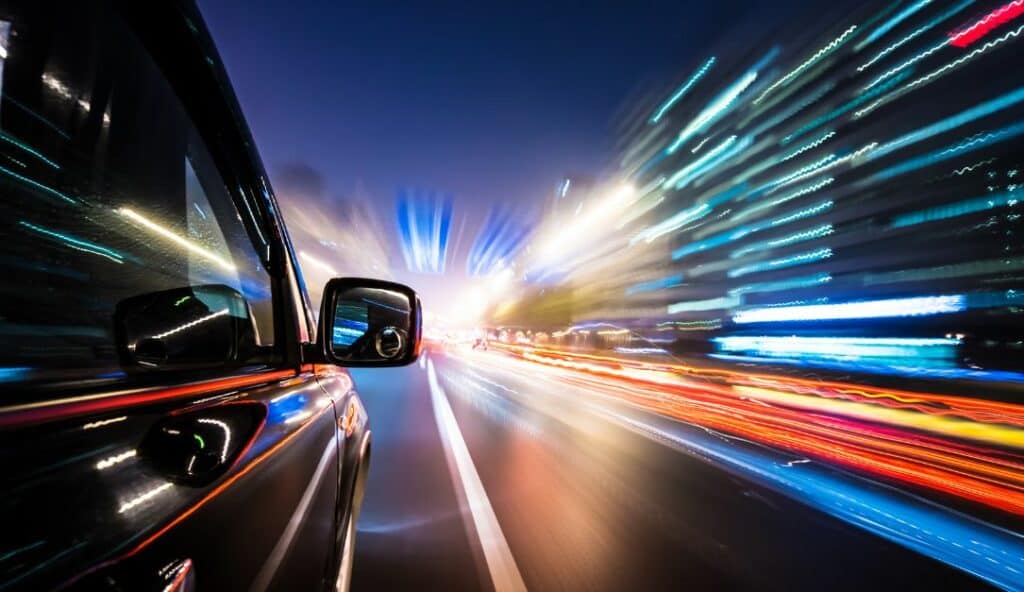
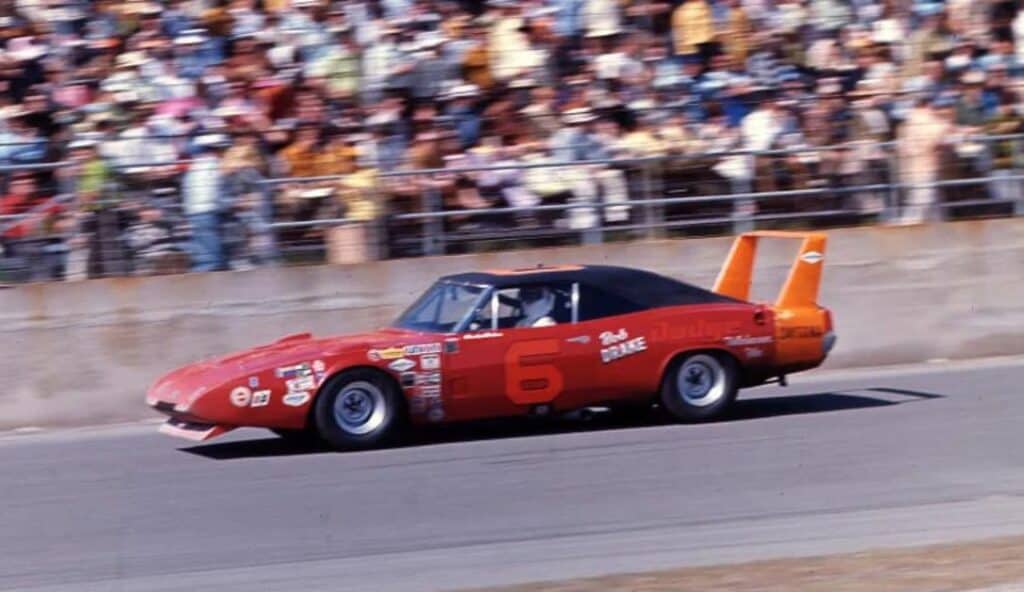










No comments:
"Your thoughts matter! Share your insights and opinions about the latest cars and automotive news here. We value your feedback and look forward to hearing from you. Let's drive the conversation forward together!"